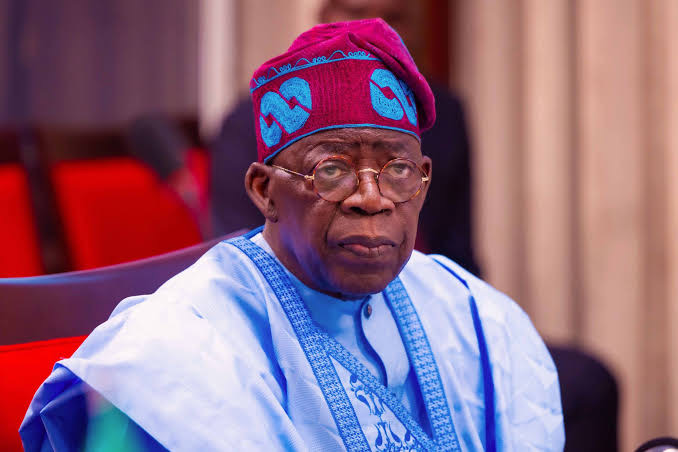President Bola Tinubu announced at the United Nations Climate Change Conference in Dubai on Dec. 2 that Nigeria will establish a special committee to aid in drafting a national carbon market strategy.
Tinubu also called for more investment in decarbonising the country’s energy sector.
“The government is open for investment. To all of you potential investors, I give you the assurance that the government is in for the long haul [in the energy transition],” he said.
Nigeria has so far been slow to develop a carbon market framework.
“I’ve been working on the African Carbon Markets Initiative, and what we found is that there is a $2.5 billion opportunity for Nigeria to tap into,” said Damilola Ogunbiyi, CEO of Sustainable Energy for All, a UN-backed fund, at the climate talks.
The new committee’s draft plan is expected to include an emissions trading scheme, a carbon registry, and a framework for high-integrity carbon credits as part of the wider voluntary carbon market.
The initiative “underscores our determination to address [Nigeria’s] vast carbon potential,” said Zacch Adedeji, chairman of the country’s Federal Inland Revenue Service.
“Through the implementation of efficient policies and frameworks, this journey we embarked on goes beyond regulatory compliance,” he said.
The Africa Carbon Markets Initiative was formed in November 2022 at COP27 in Egypt.
The partnership aims to harness Africa’s largely untapped potential to contribute to the supply of carbon credits. Countries such as Kenya, Malawi, Gabon, Nigeria, and Togo have already started collaborating with the ACMI to scale carbon credit production via voluntary carbon market activation plans.
Nigeria has committed to achieving net-zero carbon emissions by 2060 but needs significant funding to advance its climate strategy.
“The amount of money needed for Nigeria to transition to net zero in a climate-friendly way is staggering,” Ogunbiyi said. “This comes to a sum of $1.9 trillion between now and 2060. At least $410 billion of that will be above business as usual spending,” she said.
Governments generate revenue for climate policies and compel sectors to decarbonise their operations through carbon markets and taxes. In 2022, the EU Emissions Trading System, the largest market, had a valuation of $750 billion. Simultaneously, the global voluntary carbon market, valued at around $2 billion, is expected to reach $40 billion by 2030.

